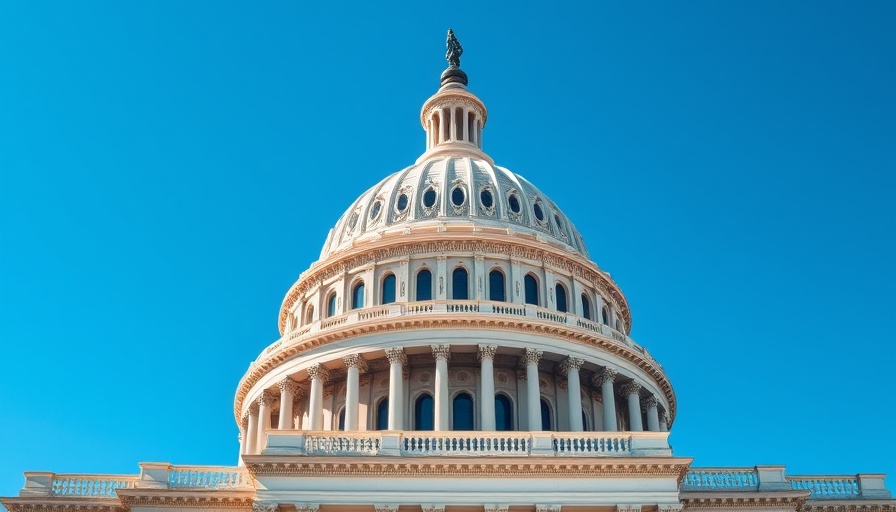
Senate Gun and Silencer Provisions Blocked: A Closer Look
The recent attempt by Senate Republicans to include provisions in President Donald Trump's sweeping tax reform bill aimed at deregulating firearms and silencers has hit a significant obstacle. The Senate parliamentarian, tasked with ensuring legislative compliance with established rules, determined that these provisions violate fast-track budget rules intended to streamline the passage of budget-related legislation.
The blocked provisions sought to eliminate regulations established in 1934, which regulated the ownership of short-barreled rifles, short-barreled shotguns, and silencers. These regulations were initially introduced to combat the rise of organized crime during the Great Depression. Gun rights advocates, notably the National Rifle Association (NRA) and Gun Owners of America, have long targeted these rules as outdated.
Under the proposed plan, the only firearms still subject to regulation would have included machine guns and certain destructive devices, while states would be prohibited from enacting their own registration or licensing laws for the newly deregulated items. This effort to ease gun restrictions was met with fierce opposition from gun safety organizations, which warned that such measures could potentially empower criminals while endangering law enforcement.
The Role of the Senate Parliamentarian
Elizabeth MacDonough, the Senate parliamentarian, plays a crucial role in shaping the legislative process by advising on the applicability of budget rules. Her recent ruling is not binding, meaning that Senate leaders technically could choose to ignore her advice. However, both parties have historically respected her decisions to maintain the integrity of legislative processes and avoid eroding the filibuster rule. This creates a backdrop of political tension and strategic maneuvering for Republicans as they navigate their legislative agenda.
MacDonough has a history of ruling against provisions that do not have significant budget implications. Her decisions have previously thwarted Democratic attempts at raising the minimum wage and affecting major immigration policies. This continuity of strict adherence to rules may serve as a warning to Republicans about the fragility of their legislative efforts.
Implications of the Proposed Firearm Deregulations
Should the provisions be resurrected in future sessions, the implications could be far-reaching. The continued non-existence of a stringent regulatory framework surrounding firearms and silencers could redefine gun laws across many states. Advocates argue that easing restrictions would empower responsible gun ownership and personal freedom, while opponents insist it would only serve to elevate the risk of violence.
In light of urging from gun safety organizations, the federal regulations initially implemented to curb regulated firearms' distribution have been portrayed as protective measures fundamental to public safety. Critics expressed that deregulating these items would facilitate the accessibility of weapons that can be easily misused, heightening concerns regarding crime and safety in communities nationwide.
The Political Impasse: A View Ahead
The clash surrounding the gun provisions signifies a broader political discourse regarding gun rights in the context of fiscal policy. As legislators strive to finalize a large-scale tax and spending package by the July 4 deadline, the inability to navigate through contentious issues could hinder the Republican agenda. This stalemate poses questions about future strategies, particularly at a time when public sentiment regarding gun regulation appears to remain sharply divided.
Advocates on both sides of the debate are watching closely. Some political analysts suggest that gun control may increasingly become a pivotal issue in upcoming elections, influencing voter sentiment and legislatorial dynamics. With each legislative move regarding gun rights, one can't dismiss the potential volatility surrounding such topics in the public discourse.
Call to Action
Amidst ongoing debate and legislative challenges, it is essential for citizens to stay informed and engage in discussions about policies that affect communities. Whether you support stricter gun regulations or advocate for expanded gun rights, expressing your views and voting responsibly is crucial in shaping a vibrant democracy.
 Add Row
Add Row  Add
Add 



Write A Comment